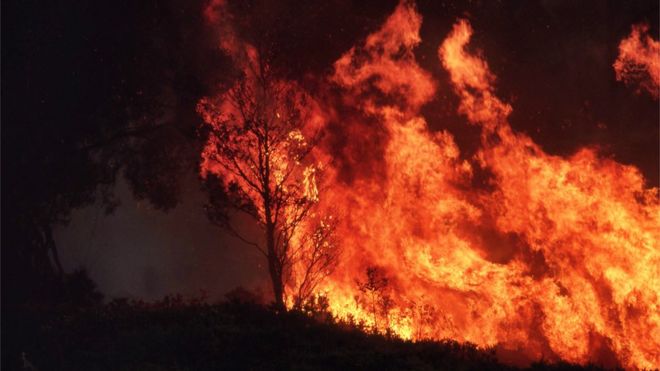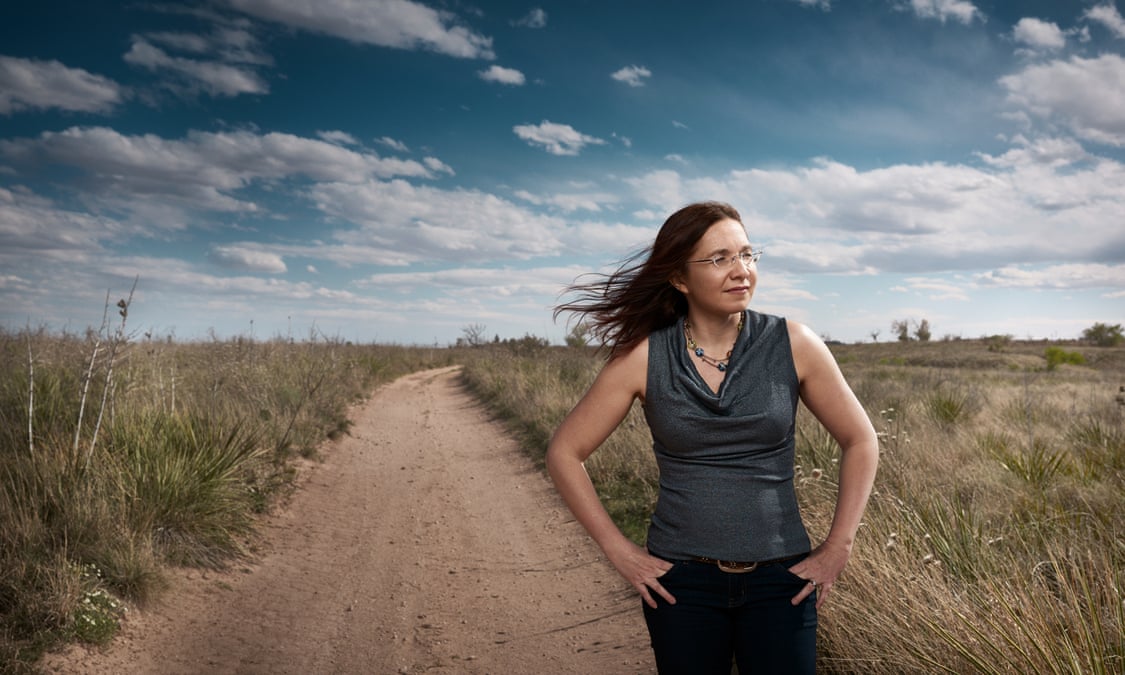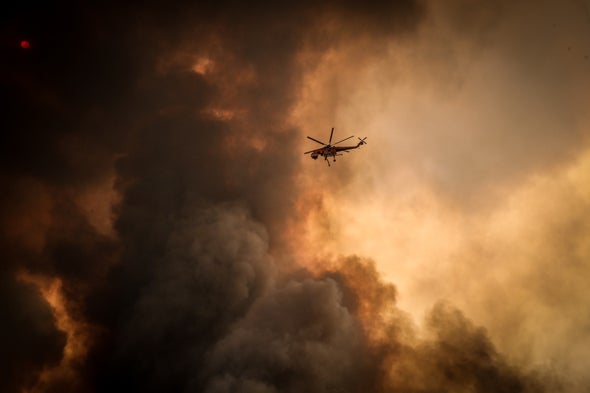CCPA senior trade researcher Scott Sinclair's presentation to the conference, "Beyond Neoliberalism: Toward a Trade Agenda for People and the Planet," which took place at the Impact Hub in Ottawa on October 30, 2019.
As Director of the CCPA's Trade and Investment Research Project, Scott has written widely on the impacts of trade treaties on public services and public interest regulation. He is the co-editor(with Ethan Earle and Manuel Perez Rocha) of "Beyond NAFTA 2.0: A Trade Agenda for People and Planet."
The "Beyond Neoliberalism" conference was co-organized by the Canadian Centre for Policy Alternatives and the Trade Justice Network, with support from Rosa Luxemburg Stiftung-New York (U.S.).










